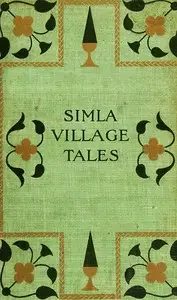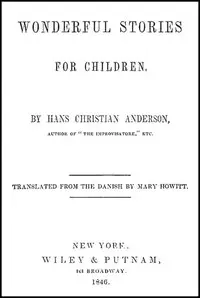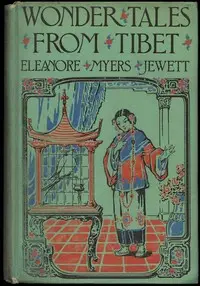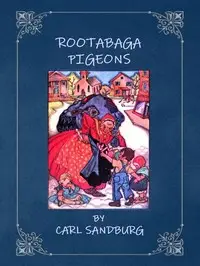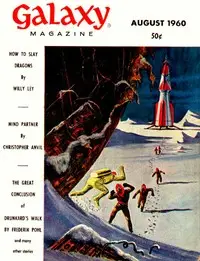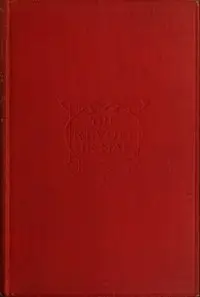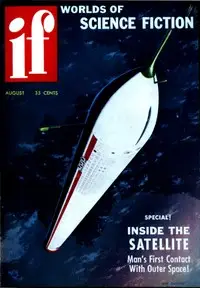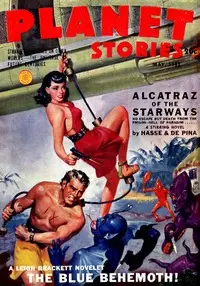"Rootabaga Stories" by Carl Sandburg is a playful gathering of tales crafted for young hearts in a time gone by. Readers are whisked away to a dreamlike realm teeming with curious people and magical spots, such as the Village of Liver-and-Onions and the Village of Cream Puffs. These stories celebrate the spirit of adventure and the boundless power of imagination through captivating accounts of unique characters, such as Gimme the Ax and the Potato Face Blind Man, as they set off on remarkable quests. Early in the collection, readers meet Gimme the Ax, who, feeling stuck in a rut, allows his children to select their own names, leading him and children Please Gimme and Ax Me No Questions to journey to the enchanting Rootabaga country by way of a curious train that visits magical places filled with balloon pickers and circus clowns. With its vivid and fanciful storytelling, these stories capture the charm of childhood, delivering a satisfying experience to readers young and old.
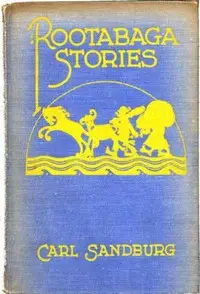
Rootabaga Stories
By Carl Sandburg
In a world where trains lead to magical places, a father and his uniquely named children journey to a land beyond imagination, discovering the true meaning of adventure.
Summary
About the AuthorCarl August Sandburg was an American poet, biographer, journalist, and editor. He won three Pulitzer Prizes: two for his poetry and one for his biography of Abraham Lincoln. During his lifetime, Sandburg was widely regarded as "a major figure in contemporary literature", especially for volumes of his collected verse, including Chicago Poems (1916), Cornhuskers (1918), and Smoke and Steel (1920). He enjoyed "unrivaled appeal as a poet in his day, perhaps because the breadth of his experiences connected him with so many strands of American life". When he died in 1967, President Lyndon B. Johnson observed that "Carl Sandburg was more than the voice of America, more than the poet of its strength and genius. He was America."
Carl August Sandburg was an American poet, biographer, journalist, and editor. He won three Pulitzer Prizes: two for his poetry and one for his biography of Abraham Lincoln. During his lifetime, Sandburg was widely regarded as "a major figure in contemporary literature", especially for volumes of his collected verse, including Chicago Poems (1916), Cornhuskers (1918), and Smoke and Steel (1920). He enjoyed "unrivaled appeal as a poet in his day, perhaps because the breadth of his experiences connected him with so many strands of American life". When he died in 1967, President Lyndon B. Johnson observed that "Carl Sandburg was more than the voice of America, more than the poet of its strength and genius. He was America."



